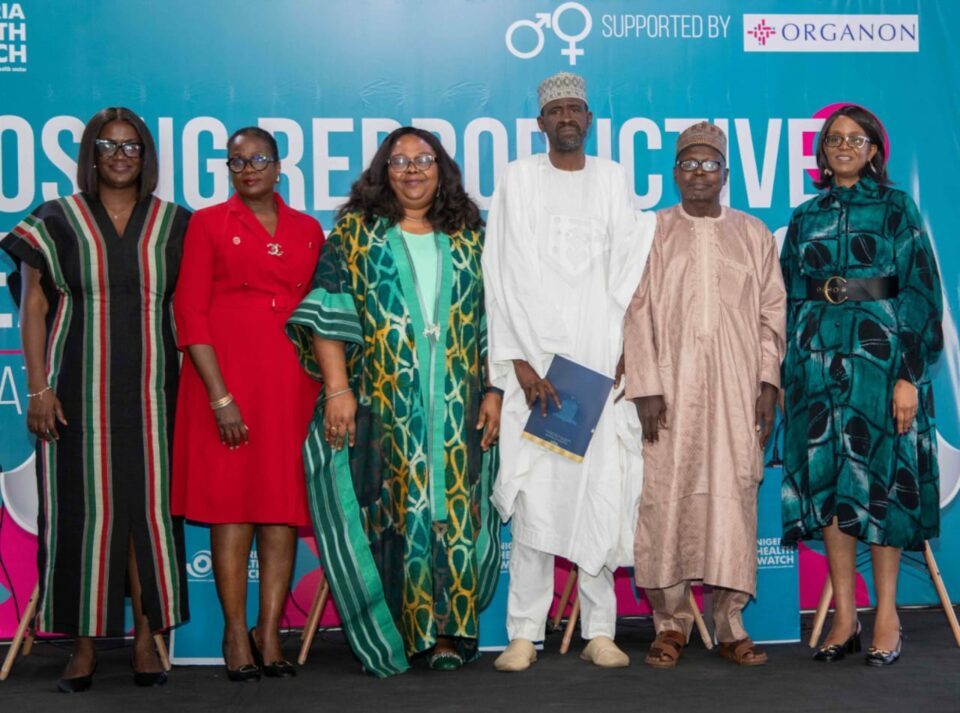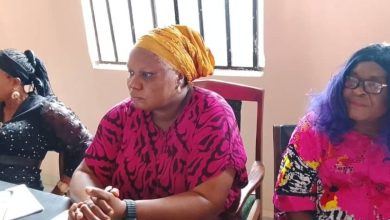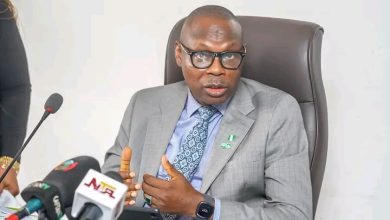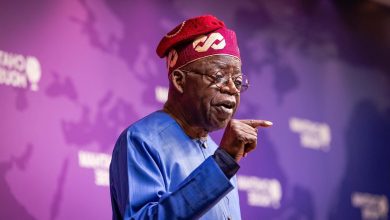Stakeholders Urge Stronger Commitment, Local Funding to Boost Reproductive Health in Nigeria
Stakeholders call for stronger political backing and funding to close reproductive health gaps in Nigeria.
They stress that health is an investment, not a cost, urging state-led action and accountability.
Health and education stakeholders have urged the Nigerian government to increase political will and domestic funding to address critical gaps in the implementation of Sexual and Reproductive Health and Rights (SRHR) nationwide.

The appeal was made on Thursday during a national policy dialogue in Abuja, themed “Closing Reproductive Health Impact Gaps Strategic Approaches for Equity and Access.” The dialogue was convened by Nigeria Health Watch (NHW).
Vivienne Ihekweazu, Managing Director of NHW, decried the declining investment in reproductive health, warning it threatens women’s wellbeing and national development.
“We’ve seen a 97 per cent drop in budgetary allocation to sexual and reproductive health in the last year,” Ihekweazu said. “The modern contraceptive prevalence rate remains around 15 per cent, while the unmet need stands at about 20 per cent.”
She explained that the lack of access to essential family planning resources is contributing to unplanned pregnancies and limiting women’s ability to make independent health choices, ultimately affecting their economic participation.
“Health is not a cost it’s an investment,” she emphasized. “Without access to healthcare and education, we cannot build the human capital required to grow our economy.”
She called on state governments to take greater ownership of SRHR programs by ensuring sustainable financing. “Without adequate resources, policies are merely promises. Without commodities, healthcare services are hollow. And without accountability, vulnerable groups such as rural women and young people suffer the most,” she said.
Ogun State’s Health Commissioner, Dr. Oluwatomi Coker, shared the state’s model for bridging funding gaps through a mix of domestic resources and donor partnerships.
“Ogun State has created a specific budget line for family planning, included it in our annual operational plans, and accessed the Basic Health Care Provision Fund,” she explained.
Coker added that funding has also been mobilized via the State Drug Management Agency and local government councils, while collaboration with the private sector and philanthropists has helped expand access to contraceptive services.
She noted that these investments have been supported by improved capacity in forecasting, public fund management, and community engagement to boost awareness and uptake.
“In 2023 and 2024, we procured family planning commodities in partnership with UNFPA, and we aim to do even more this year,” she said.
Despite these achievements, Coker acknowledged ongoing challenges such as inadequate political will, competing policy priorities, and legacy issues of limited transparency in health budgeting.
“Health is still perceived by many as a liability instead of an asset. We’re trying to shift that mindset while aligning with FP2030 targets. The progress is promising, but there’s still much to be done,” she added.
In the education sector, the Federal Ministry of Education has also been integrating reproductive health into school curricula through the Family Life and HIV Education (FLHE) program.
Ghali Talle, Assistant Director of Education for Health and Wellbeing at the Ministry, said FLHE has played a vital role in equipping students with life skills and accurate health information.
“The curriculum strengthens students’ self-confidence and educates them on the consequences of risky behaviours. Since it’s examinable, it also contributes to their academic progress and employability,” Talle said.
He added that peer-led initiatives and regular school assembly discussions have helped reinforce health education messages, with civil society and development partners lending support.
Talle noted that in 2023, the Federal Ministries of Health, Social Welfare, and Education jointly adopted a framework aimed at improving youth wellbeing. The framework links school education with health services, psychosocial support, and hygiene initiatives.



